“We Make Too Much to Qualify for Help… But We’re Still Struggling.”
You’re not alone.
Many Twin Cities families make “too much” to qualify for government assistance — yet rising prices, reduced benefits, and paused programs (like food stamps/SNAP during the shutdown) make it nearly impossible to make ends meet.
I actually started this guide before COVID, and then pivoted to creating a COVID survival guide in 2020. Now we are facing new challenges in our post-COVID world – high mortgage rates, high inflation, and an uncertain future for many programs that help feed families.
This guide is for you: the working families, caregivers, and community members doing everything “right” and still feeling like it’s not enough. Below you’ll find local and national resources, low-cost options, and community ideas to help stretch your budget and support your well-being (and sanity!).
(And just a note – there are ads on my site, which support my making lists for you. Tip: It’s easier to read articles like this on a desktop or laptop computer rather than a mobile device. Thank you for your understanding!)
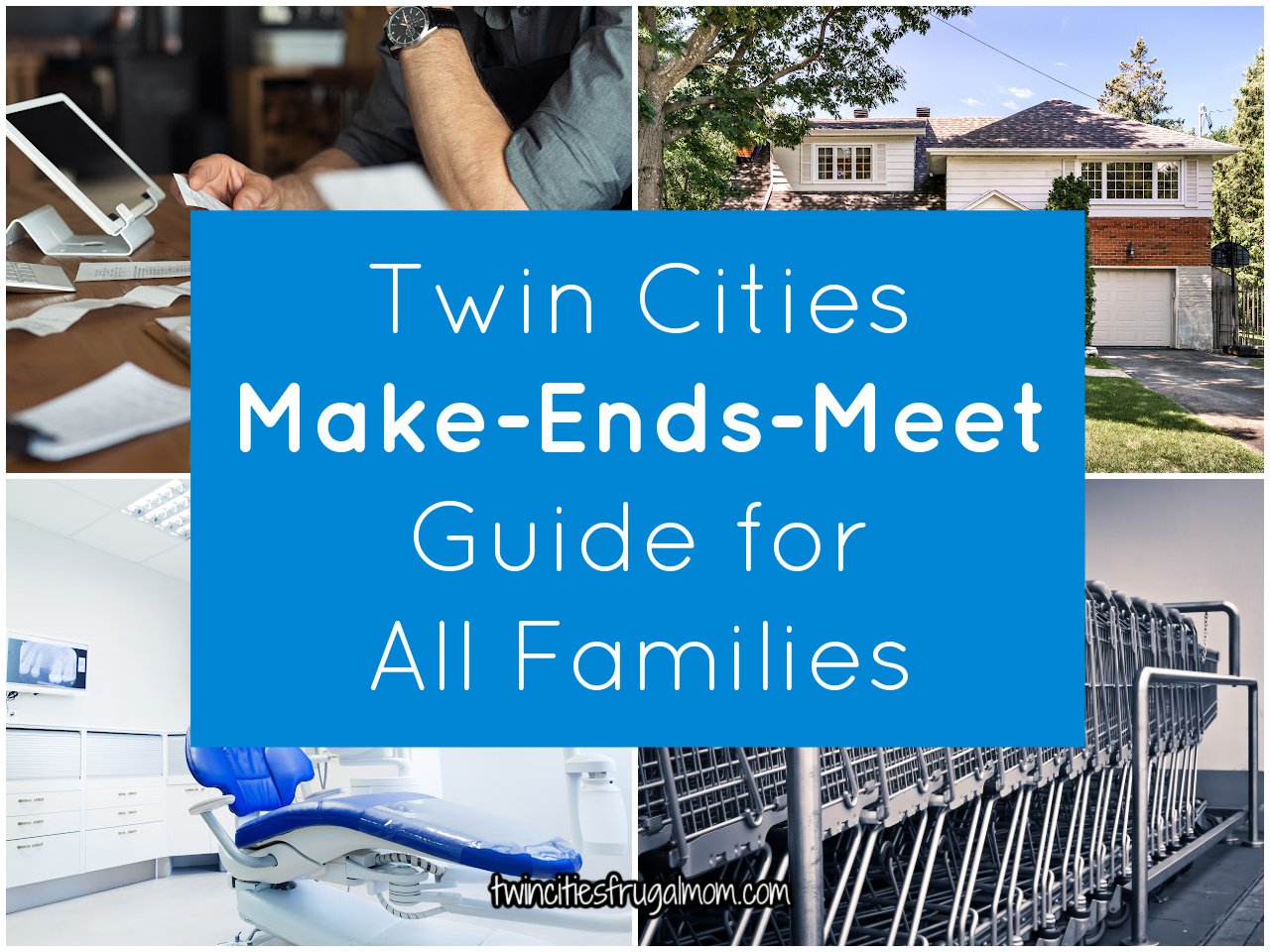
Encouragement First
When money feels tight, it’s easy to slip into survival mode — but small steps truly matter. Start by giving yourself grace: you’re doing your best in a challenging time. Focus on what you can control, like planning simple, low-cost meals, using what you already have, and reaching out for community support without guilt — these programs exist for moments just like this. Try setting aside even a few minutes a day for something that lifts you up: a walk, journaling, calling a friend, or reading something that gives you hope. Remember, hard times are temporary, and each choice you make to care for yourself and your family — even the tiniest ones — builds strength and stability for what’s ahead.
10 Things I Do When Times are Tough – Need a place to start? Here is what I really do during tough times financially.
The Necessities: Where to Start
First, make sure you’ve applied for anything you may qualify for:
Financial Support
These are just a few of the resources available. Check with your local county, library, or school for more resources.
United Way/211 – Just pick up the phone and dial 211. This is where to call when you need help but don’t know where to go or where to start. A trained professional will tell you about local programs that can help you, from housing and food assistance to emergency shelters. Plus, it’s free and confidential. Or visit 211unitedway.org.
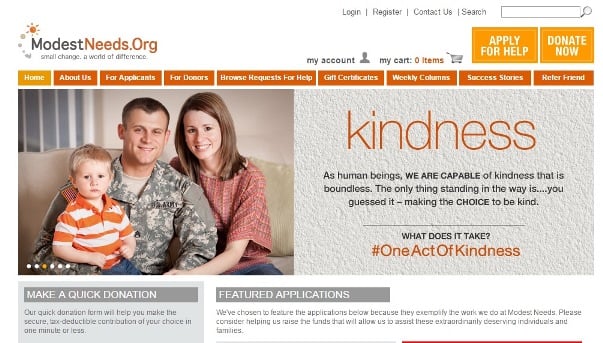
Modest Needs – This is a well-respected, national nonprofit organization that provides “self-sufficiency grants” to low-income workers. They provide “short-term financial assistance to individuals and families in temporary crisis who, because they are working and live just above the poverty level, are ineligible for most types of conventional social assistance but who (like many of us) are living one or two lost paychecks away from the kind of financial catastrophe that eventually leads to homelessness.” If you’re working but going through a tough time, it may be worth seeing if they can help.
The 30 Days Foundation – Founded by Twin Cities musician Mick Sterling, The 30-Days Foundation assists people in real-life financial crisis with a one-time financial grant made payable ONLY to the service provider. So in other words, if you are going through a tough time and can’t afford a necessary expense like rent, a utility bill or medical bill, they may pay the bill for you, up to $1500. Since 2011,The 30-Days Foundation has assisted over 125,000 families with one-time financial grants made payable only to the service provider that needs payment. To apply, email The30DaysFoundation@live.com or learn more here.
Minnesota Family Investment Program (MFIP) – This state program offers monthly cash assistance and food assistance for families with children, coupled with employment services aimed at moving toward financial stability. Fit for families who may technically “make too much” for some assistance but still are struggling.
Family Homeless Prevention and Assistance Program (FHPAP) – Managed by Minnesota Housing Finance Agency, this program provides supportive services and financial assistance (rent deposits, rent payments, utility payments) to households at risk of homelessness or already homeless. This is especially relevant if you are facing housing instability alongside tighter food budgets.
Buy Nothing Groups
One of the most powerful — and heartwarming — ways to save money is by joining your local Buy Nothing group. These community-based Facebook or app groups are built entirely on giving, receiving, and gratitude. Everything is shared freely — no buying, selling, or trading.
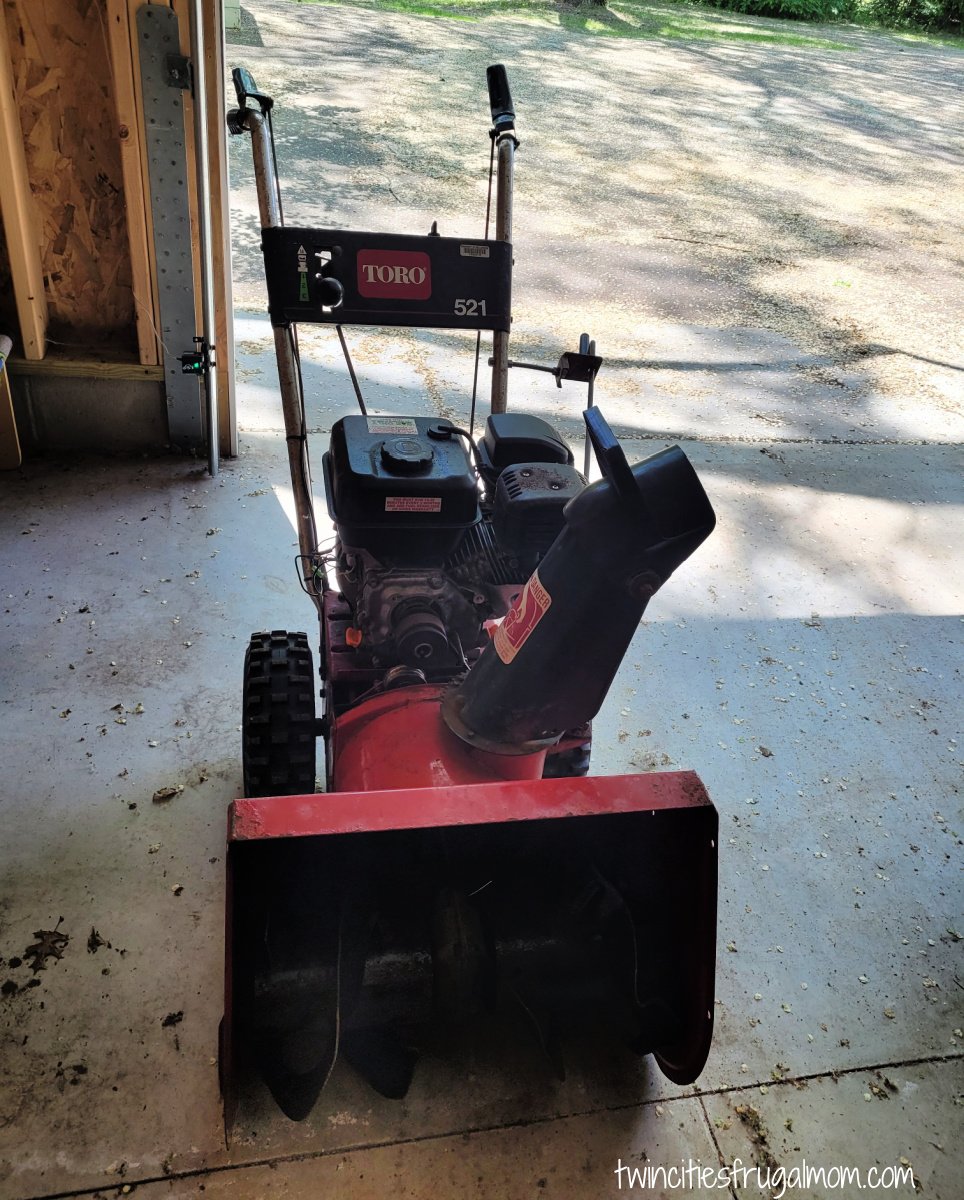
Over the years, I’ve gotten everything from fresh food to clothes to household items to a working snowblower and even items for my wedding, all for free and often from neighbors just a few blocks away. It’s also a great way to declutter and pass along things you no longer need. I’ve given away many toys, household goods, and even used coffee pods that someone wanted for an art project! Beyond saving money, it builds real community connection — you get to know your neighbors, share stories, and help one another in meaningful, tangible ways. To find a group near you, visit buynothingproject.org or search “Buy Nothing + [your city/neighborhood]” on Facebook.
Free Food Resources (No Questions Asked)
There are various ways to get free, healthful food in the Twin Cities, no questions asked:
Free Food Shelf and Produce Distributions
The Facebook group “Twin Cities Free Food Events & Resources” has many posts with upcoming free food distributions and other resources that are open to everyone. No residence restrictions.
Manna Market – This is a great option for free food. It’s a food waste rescue organization. There are locations where you can drive up and they fill your trunk with food. Note: They have recently required registration, but it’s a simple process.
Free Community Meals
Free, hot, nutritious meals are available to everyone at sites throughout the Twin Cities.
Hunger Solutions has the best resource for finding free meals in Minnesota. They have an interactive map showing locations offering free meals. Click on “Find Help.”
Twin Cities Metropolitan Region Food Resource Map – another comprehensive, interactive map.
Loaves and Fishes – A free meal program that serves hot meals throughout seven Minnesota counties. No questions asked – just walk into one of their dining sites during meal time and receive a hot, nutritious meal at no cost to you. Families, retirees, and many others dine here. On their website you can search for meals by location and by day.
Free Summer Meals & Snacks for Kids
During the summer, kids can pick up food at various sites throughout the metro and beyond – no questions asked.
Free Summer Meals for Kids Resources – Here I round up links to find sites.
Low Cost Food
Discount Grocery Stores
Mike’s Discount Foods – Mike’s Discount Foods is one of my favorite places to get food dirt cheap. They have plenty of healthful food – produce, meat, dairy, as well as many prepackaged goods and household supplies. Their foods are discounted because they are often close to (and sometimes past) expiration, so check each item before you purchase it. I’ve purchased items close to expiration and they have been perfectly good (I avoid expired items though – I have had to toss some of those). Locations are in Fridley (flagship store), Anoka, Princeton, Braham, Comfrey, and Hilltop.
Nick and Drew’s Discount Foods – “Helping our Communities food budget go further!” Locations are in Isanti, Foley and Lindstrom.
So Low Meat Market – Their specialty is “great meat at low prices.” Minneapolis.
ALDI – Aldi is one of my favorite places to shop because it’s cheaper than most other grocery stores. Drawbacks include limited choices, you need to deposit a quarter to use a shopping cart (which you get back when you return it) and you have to bring your own bags (or buy them). But the savings are worth it. Note: coupons are not accepted.
Grocery Store Alternatives
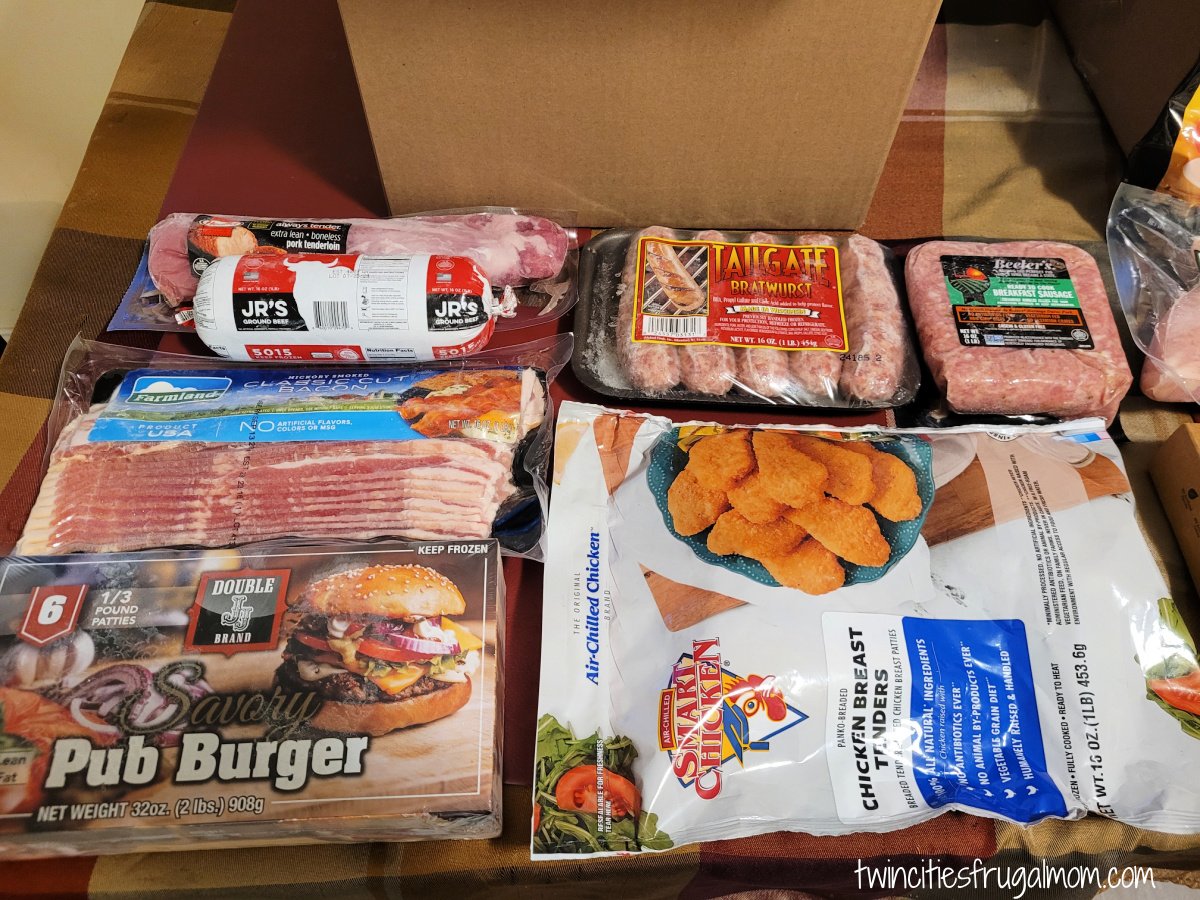
Fare for All – Fare for All is a program run by the Emergency Food Shelf, but is 100% open to everyone. They buy food in bulk so you can save up to 40% off grocery store prices. So the more who shop, the more they can save everyone. Food packages are sold at thirty locations throughout the Twin Cities and at their warehouse site in New Hope, where individual food items can be purchased as well. Locations including their warehouse are open on select days of the month. I stop by here regularly to stock up on some items like frozen meat. Read my review.
Update: Fare for All announced no longer serving the metro area in February 2026. They will continue to serve rural areas.
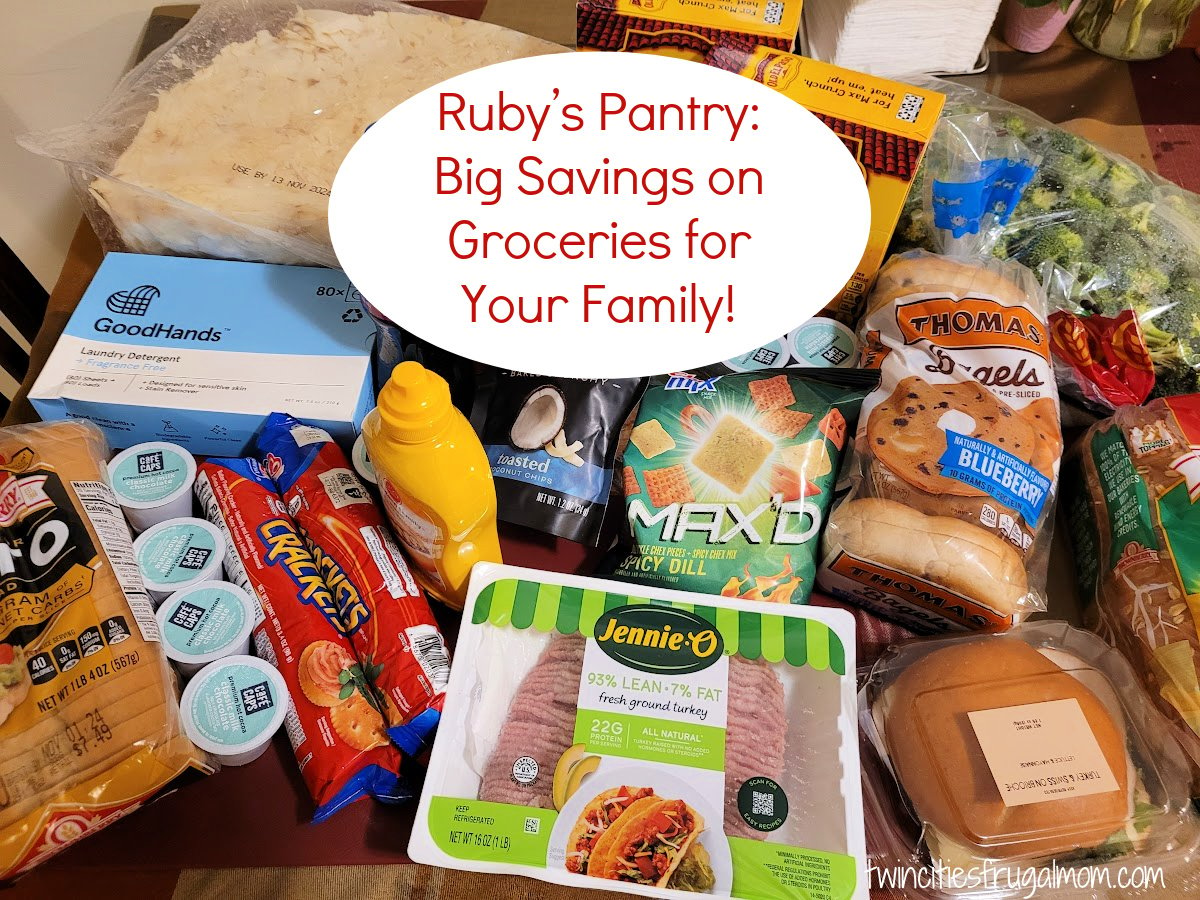
Ruby’s Pantry – Ruby’s Pantry is for anyone that is looking to extend their monthly grocery budget. For a $25 bundle donation (may vary by location), you will receive an abundance of groceries. There is no income or residency requirement. Guests can attend as many locations each month that work for their schedule. They recommend bringing a couple of boxes for the food. Locations are nationwide but in the Twin Cities currently are in Arden Hills, Eden Prairie, Forest Lake, Ramsey and Bloomington. Read about my experiences here!
Health
Here are resources to help you afford and pay your medical bills for less.
Health Insurance Alternatives
Health insurance premiums keep going up – about 20% for many in 2026 (including our family!). Shop around and consider, as one option, a health savings account with a high deductible to keep premiums low.
If you don’t have traditional insurance, or just want alternatives, look into health share organizations like Liberty HealthShare (not insurance, but a cost-sharing program). Our family used Liberty HealthShare for 3 years – it was more affordable than health insurance, but the main drawback is that there is no law requiring healthshare companies to pay health bills. We had to fight for our bills to get paid in the 3rd year, but they did get paid eventually, plus everyone has a different experience. It may be worth considering.
Low-Cost & Free Clinics
MedExpress – walk-in medical care, often cheaper than urgent care
Hennepin County Free/Sliding Fee Clinics – includes mobile crisis mental health services
Minnesota Community Care – affordable health and dental care. Various locations in St. Paul.
Open Cities Health Center – locations in St. Paul.
MN Low-Cost Health Care Directory – Managed by the Children’s Defense Fund-Minnesota.
Dental
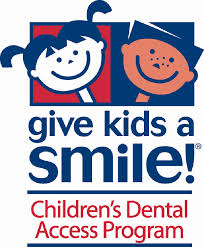
Give Kids a Smile – Free dental care for kids in need at participating clinics. Takes place the first weekend in February (or so). The website also offers other help finding dental care for your kids.
Free dental clinics – The Minnesota Dental Association lists low-cost clinics in the Twin Cities and Greater Minnesota.
Counseling/Mental Health
Walk-In Counseling Center offers free, anonymous mental health counseling at their site in Minneapolis plus they do virtual visits.
Hennepin County’s free or sliding fee clinics – this website also lists 24/7 mobile crisis services
Support Groups
Find connection and emotional support in local Facebook groups including moms’ groups — many offer childcare swaps, meal trains, and used-clothing exchanges. Check Facebook for many local groups such as:
Minnesota Money-Saving Moms – This is my own Facebook group. I encourage members to share any tips for saving money and finding freebies in Minnesota.
Helping Hands MN – Members share everything from food to diapers to furniture.
Twin Cities Free Food Events & Resources” – as mentioned above, this has many lists including a list of food shelves and other resources that are open to everyone. No residence restrictions.
Home Resources
NEC Home Loan Programs – Home improvement and remodeling loans with low-interest financing. In addition they offer down payment assistance.
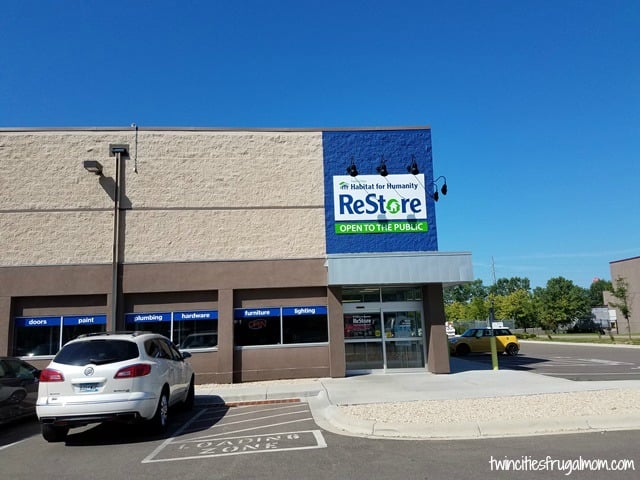
Habitat for Humanity ReStore – Independently owned reuse stores operated by local Habitat for Humanity organizations. They accept donations and sell home improvement items to the public at a fraction of the retail price. There are three locations, one in Minneapolis, one in New Brighton and now one in Brooklyn Park.
Minnesota Tool Library – “Access over ownership.” A nonprofit lending library of over 8000 tools with a 7-day check out period. Located at the Thorp Building in Minneapolis. Cost starts at $65 for an individual membership. (Direct link: https://www.mntoollibrary.org/)
Minnesota Materials Exchange – The Materials Exchange is a free service that links organizations that have reusable goods they no longer need to those who can use them.
U of M Reuse Program Warehouse – The University of Minnesota ReUse Program collects surplus office furniture, supplies, equipment and parts from throughout the Twin Cities Campus and makes them available to University departments or individuals for purchase.
Fix-It Clinics
Not sure whether to keep or get rid of something? Would you keep it if you could just fix it?
There are many FREE fix-it clinics throughout the metro, where you can get household items fixed for free (and learn some repair skills too – be prepared to do the work with assistance). Events are offered regularly by each county (typically monthly):
Miscellaneous
Craigslist – Find and sell just about anything directly to people in the Twin Cities (and beyond).
Freecycle – Post stuff you want to get rid or and/or find stuff others are giving away for free. Win-win!
Transportation
Metro Transit – Metro Transit offers a Transit Assistance Program (TAP) that makes transit more affordable for low-income residents. Must have appropriate documentation when applying, such as EBT/WIC, state assistance, or similar.
Budget & Planning Tools
Project for Pride in Living – free budgeting downloads and financial literacy tools.
Use my FREE printable planner which includes budgeting pages:
Infants/Pregnancy/Kids
22 Freebies for New and Expecting Moms – great list from the Penny Hoarder.
Minneapolis Toy Library – The Minneapolis Toy Library is a toy lending program for families with children ages birth to 5 years. Like a book library, you can check-out up to five toys, take them home for 2-4 weeks and exchange them for new ones when you return! Annual membership runs on a sliding scale from $40 – 100, depending on what works for your family (way cheaper than buying new toys all the time!). Lending events take place four times a month.
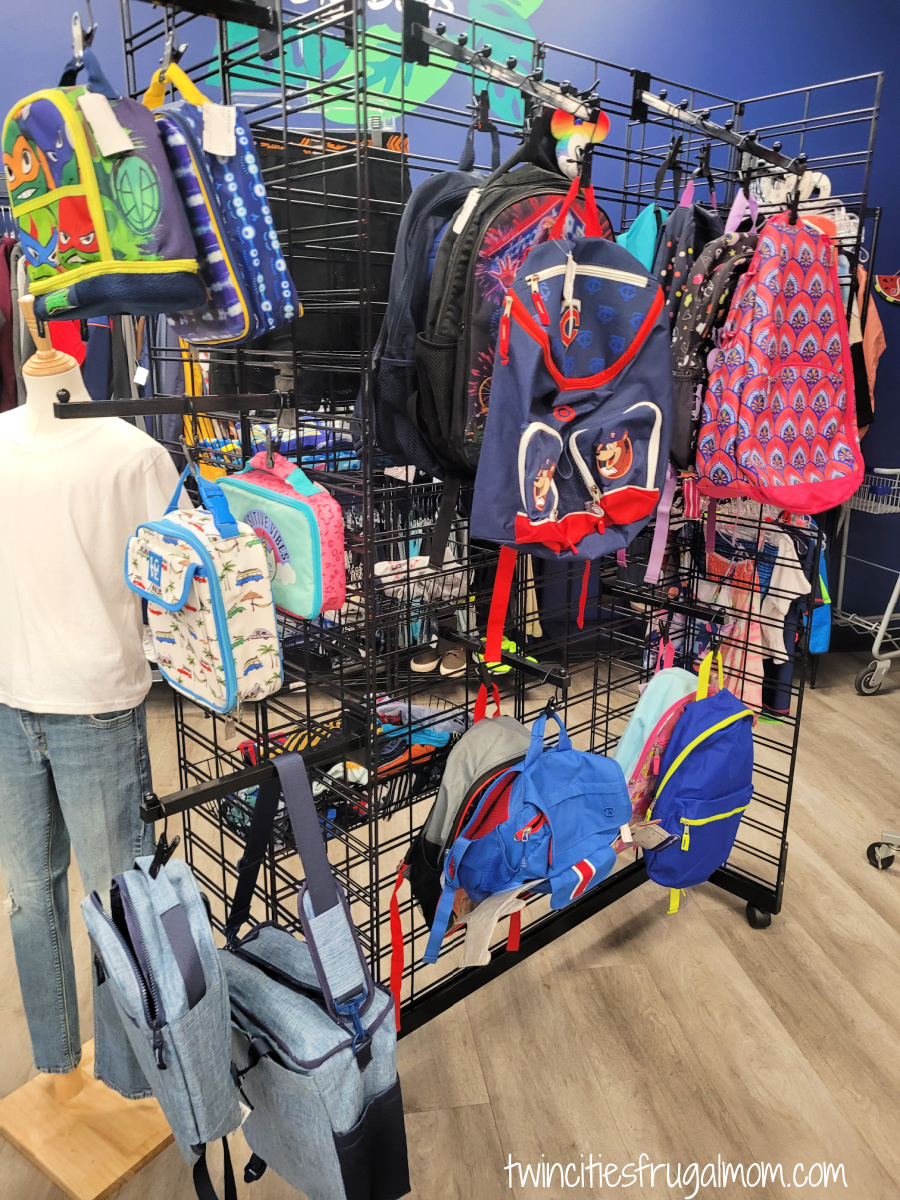
Eco Chico Kids Boutique – kids resale shop in West St. Paul! I’ve sold items here and they have quality items for low prices.
Just Between Friends – these kids’ consignment sales are in several areas of the Twin Cities (and beyond) and are a great way to sell your kids’ stuff for cash, plus get some “new” stuff for cheap. I’ve sold and bought items at these sales for years!
Year-Round Freebies for Kids

Freebies for 4th Graders – Kids can ski throughout Minnesota for a one-time fee with the 4th Grade Ski Pass Program and visit state parks nationwide for free with the Every Kid in a Park Program.
Free Minnesota History Pass for 6th Graders – Minnesota students in the 6th grade can get a FREE Minnesota History Pass to use for free admission to Minnesota Historical Society sites and museums.
Freebies for Kids & Families in Minnesota – see my full roundup!
More Resources to Stretch Your Family’s Finances
Deals & Events Calendar – View my calendar of local family fun.
Free or Discounted Admission Programs for Limited Income Families in Minnesota – A list of places that offer free admission or other benefits to low income families in Minnesota.
Twin Cities Discount Guide for Families – My guide to all the ways you can save money (or even get free admission) at various places around the Twin Cities.
MELSA SmARTPass Program – FREE passes to local museums and performances! You just need a library card from one of the 8 library systems in the Twin Cities area.
Groupon – For discounted tickets, dining, shopping, travel and so much more.
Kids Eat Free – My list of Twin Cities restaurants where kids eat free with purchase of an adult meal.
Spring Cleaning Guide for the Twin Cities – this includes many ways to get rid of stuff in your home for FREE or cheap, or for money, and help others as well.
Final Note
You are not failing. The system often isn’t built for working families who live paycheck to paycheck. And many do work multiple jobs and still are on thin ice. This guide is meant to remind you that help exists, community matters, and you deserve stability and support — no matter your income bracket.
More Help
Do you have suggestions for resources to add to this list? Comment below or contact me!
My whole blog is about saving you money whether through frugal living tips, recipes, discounts and more…be sure to follow me and subscribe to my email newsletter!
Sign up for more money-saving tips and news and get freebies instantly!
Note: If you have any issues with accessing your free printables, email me at twincitiesfrugalmom@gmail.com.
Originally Published on: Oct 27, 2025.

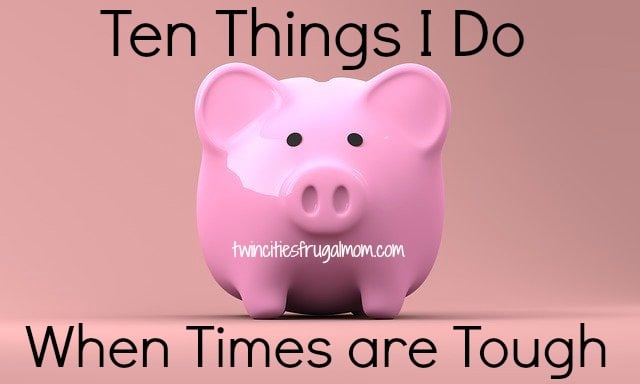
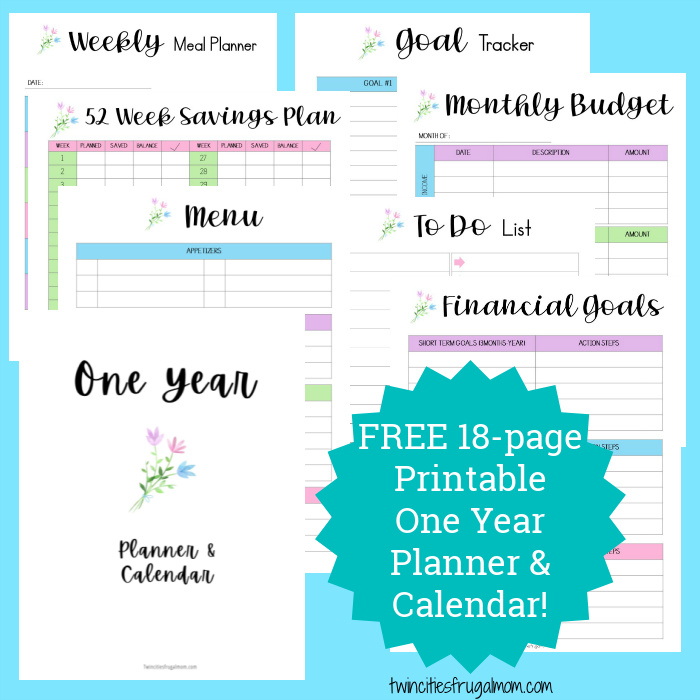
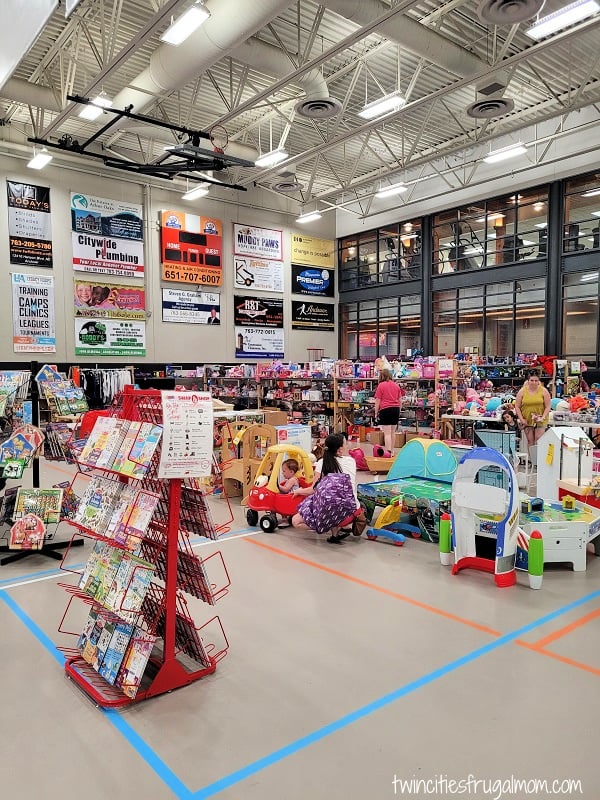
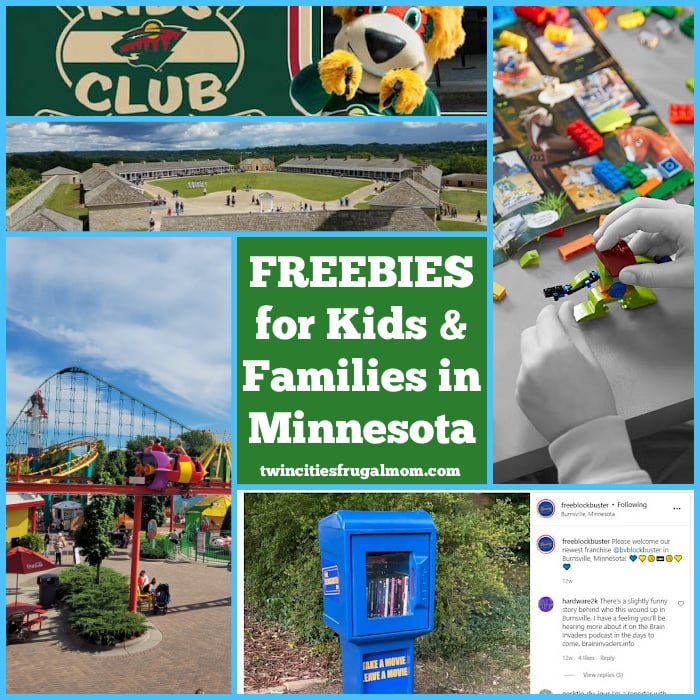

Leave a Reply